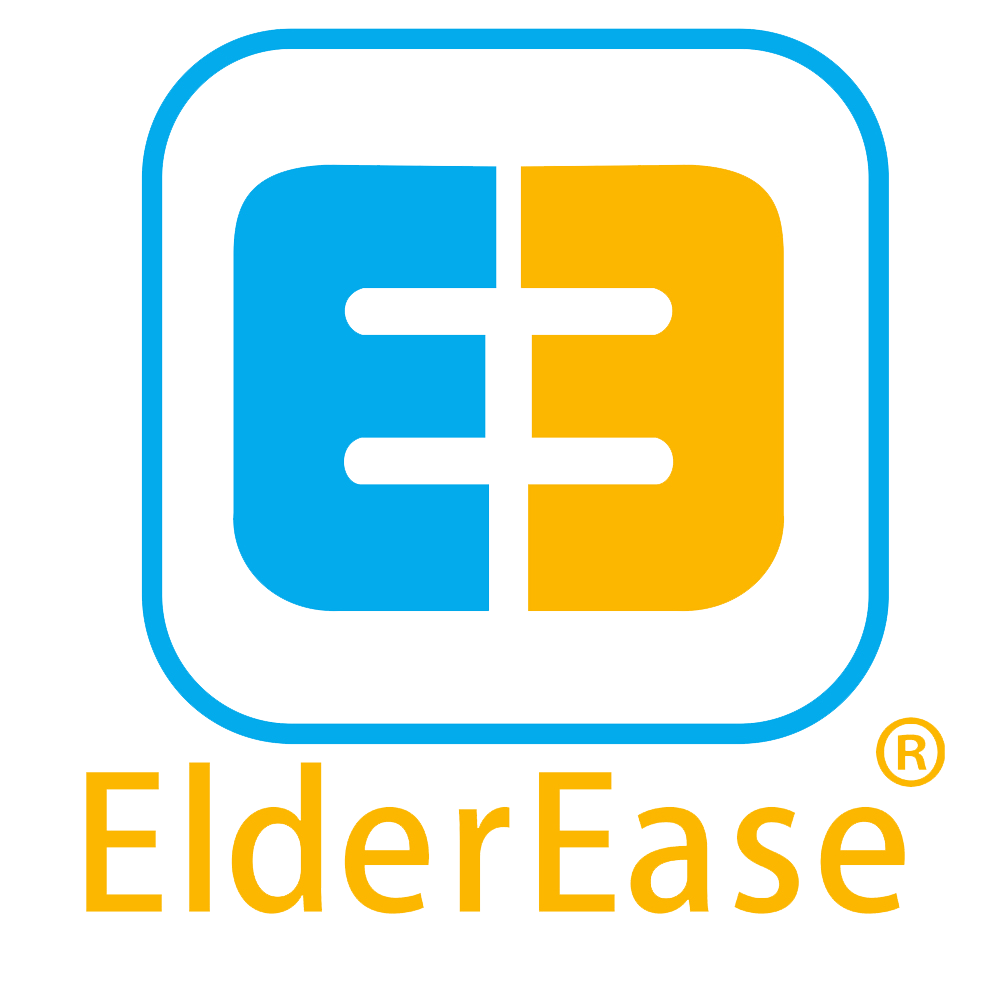Urinary Incontinence – A Taboo?

INCONTINENCE in simple words “involuntary leakage of urine”; in other words, losing partial or full control over your bladder. This is a very common problem, in fact more than what people realize. You will be surprised to know that close to 20-30% of the adults above the age of 40 years get impacted in varying degrees of the problem. The causes of incontinence could be due to dementia, diabetes, Parkinson’s or poor mobility. In women it can be a result of menopause too. In many people it can be post simple surgery as prostrate which could last for months or years. While it could simply be a result of aging, I will not get into the details of the causes but surely the psychological impact may be deep.
Socially we are expected to acquire bladder and bowel control skills during childhood itself and avoid bed wetting. Therefore incontinence in adults is considered a social and a cultural taboo. We are taught norms about when and where to eliminate and dispose bodily wastes. We generally react with disgust to the presence of these wastes especially feces. Possibly because of the “knowledge” of diseases which gets transmitted if not cleaned properly.
Not only when bladder or bowel control is lost but even frequency and urgency of visits to the toilet, especially in public, results in feeling of shame and embarrassment .The loss of control over elimination and public humiliation is also a threat to self esteem.
Studies show that almost 60% people affected with this problem are ashamed to seek help. This results in other behavioral and psychological problems. Shame, decreased self worth, fear of odour, personal appearance, anxiety, irritability, depression, anger, stress, lack of confidence, inhibition to move out are a few problems.
It is very important for the emotional wellbeing of the elderly that we attend to this problem carefully and patiently. Adults are not used to wearing diapers and most of the time diapers are associated with children. For eg., to convince them to wear diapers and not make them feel compared to babies you may even call it underpants, briefs or pad or any other adult sounding word. Using respectful language and keeping in mind to assure the elderly that you are caring for them no matter what their disabilities are.
I would like to remind you that when the elderly reach this stage remember that he/she might not be comfortable in diapers as they are not used to it since maybe 40 years or more or maybe they dislike the wet feeling which remains while wearing diapers. Many people have claimed that they do not feel even 80% dry in diapers. We need to honor their feeling and find an alternative to diapers. The basic idea is to protect them from psychological impact and unhygienic conditions. Simple things as absorbing chair pads, bed pads, mattress protectors or mattress covers with a deodorizer can serve the purpose.
Incontinence is a very sensitive topic and as data shows 60% of the people do not like to talk about it also. We can solve the problem discreetly. All you need to do is place a pad which blends with the upholstery wherever our cipf-es.org senior is seated.


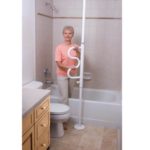
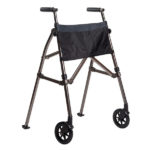
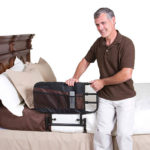

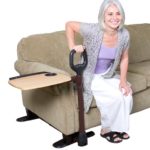
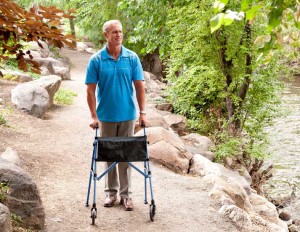 With age come weakness and infirmity. Moving about could become difficult and daily activities as trivial as going to the bathroom could turn into huge challenges. This is why walkers are recommended for senior citizens to help prevent falls and for easy mobility.
With age come weakness and infirmity. Moving about could become difficult and daily activities as trivial as going to the bathroom could turn into huge challenges. This is why walkers are recommended for senior citizens to help prevent falls and for easy mobility.





